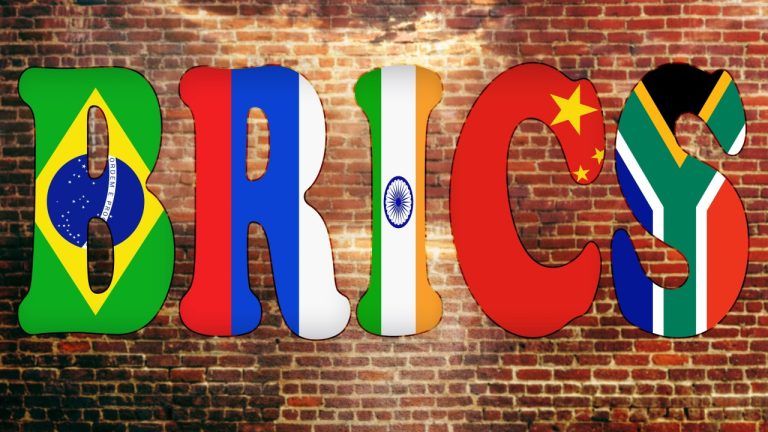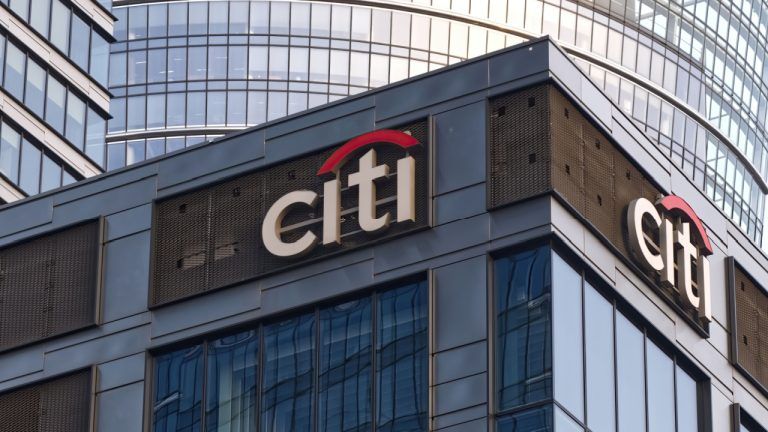As people all over the globe have become increasingly aware of their privacy rights and how they are constantly being violated by various prominent social media platforms, the need for tangible, decentralized alternatives has continued to grow rapidly.
For perspective, in 2019, Facebook was ordered to pay a mind-boggling $5-billion fine by the United States Federal Trade Commission for improperly acquiring private data of up to 87 million of its users. Just a year later, the social media giant had to shell out another $550 million to settle a privacy lawsuit that suggested that the firm had illegally accrued customer data (including their biometric and personal details) without their explicit consent.
Such violations have helped spur the need for transparency-driven social media services, particularly decentralized messengers, that provide their users with a high degree of data security. In this regard, the new quantum-resistant, privacy-centric messaging app XX Messenger — developed by cryptographer David Chaum — recently made its way into the market. The app boasts a globally decentralized network of 350 nodes, with each operator earning the platform’s native XX Coin as an incentive for their efforts.
A quantum-resistant messenger would be able to resist most currently known methods of decryption, theoretically guarding against the possibility of a quantum computer used to crack into a user’s communications.
The incentives for blockchain-based messengers
Guy Goldenberg, CEO of MultiNFT — a metaverse-based social media network — told Cointelegraph that the need for decentralized messaging services is driven by two key accelerating factors: users looking for censorship-resistant applications, and a lack of trust in centralized providers when it comes to privacy and data protection. He said:
“Users are showing a rising concern when it comes to their freedom of speech and the ownership of their data rights lately, and with the help of decentralized chat apps, the solution seems to be right around the corner — platforms that are owned by the users and not by a small group of executives, where no single party can control opinions or censor participants.”
Scott Cunningham, an independent blockchain analyst and social media influencer, told Cointelegraph that the core proposition put forth by decentralized messaging platforms is that they provide users with end-to-end encrypted solutions that ensure consumer anonymity as well as a high degree of privacy. To strengthen his case, he shared a recent unpleasant experience with Facebook’s Messenger:
“I sent a note to myself [meant to be read later by me] only to find that Facebook is monitoring messages to myself and removed it due to a community violation. Once someone experiences firsthand that everything they say is being tracked and evaluated in real-time, they will feel more compelled to move.”
The drawbacks are quite real
While a decentralized messenger could theoretically preserve the privacy of the masses, blockchain technology in itself could be a barrier to adoption.
Ingo Rübe, founder of blockchain-based identity network Kilt Protocol, noted that decentralized messengers need real-time relay and storage capabilities, as it is quite unrealistic for receivers to be online whenever someone sends them a text. “A possible solution would be to use random single blockchain nodes as relays, but it might be unreliable,” he admitted.
Goldenberg said that the use of blockchain tech poses further problems when it comes to network upgrades. “Updates on blockchain systems are very rarely backwards compatible and can sometimes present issues that a product may not be able to survive,” Goldenberg added.
Yung Beef, content lead and community manager at Subsocial — a Polkadot-based platform for launching decentralized social networks — told Cointelegraph that one of the biggest barriers is transaction fees, adding:
“We’re already struggling enough with creating a social networking platform that has transaction fees, and with how much people message each other, I’m not sure that it would ever really be feasible.”
While he admitted that Subsocial is actively looking for ways through which to implement a private messaging module, the challenges are quite drastic, making the vision a bit of a pipedream. “We’re working on a way to lock SUB [the platform’s native crypto token] to get a certain number of free transactions a day, but that still doesn’t solve the problem of some people sending thousands of messages a day,” he added.
A similar sentiment was echoed by Rübe, who told Cointelegraph that a decentralized messaging service would be faced with multiple challenges from the get-go, starting with the fact that it would be costly to put messages on a blockchain. Even if they did make their way onto a network, they would not be very secure because it would be quite easy for anyone with access to the system to read them.
Alexander Klus, founder of Creaton — a decentralized content sharing platform — told Cointelegraph that a fully functional, viable blockchain messenger is a very hard problem to solve, pointing out that existing platforms such as Etherscan’s messaging service are quite centralized. Even Status, the official Ethereum messenger, contains some degree of centralization in order to scale better, he said, adding:
“Choosing a platform like Signal as a messaging platform would be best, as it has very good encryption. Also, permanence in terms of messaging isn’t a big deal or something most users don’t even want anyway.”
Another major problem is adoption since most decentralized products that currently exist within this realm simply can’t compete with the giants they are up against such as Telegram, WhatsApp and WeChat. Goldenberg stated:
“Users have a habitual way of doing things, and new platforms need a viral accelerator for adoption because they require massive migration, which is almost not possible. You see, for a chat application to be useful, you need all (or most of) your contacts to use it, and that takes time, marketing and willingness.”
Is there any middle ground to be found?
While popular privacy-oriented apps, including Signal and Telegram, claim to approach user privacy with a great deal of care, making use of end-to-end encryption or client-server encryption, the former is only as secure as its coding. In this regard, Chaum pointed out that messages from these platforms can still theoretically be compromised and decoded by a powerful computer if they have not been deleted permanently.
Therefore, moving forward, it will be interesting to see whether developers are able to come up with blockchain-powered messaging services that offer the same degree of functional and operational flexibility as their centralized counterparts while being able to tackle the issue of high transaction fees in a long-term and practical manner.

You can get bonuses upto $100 FREE BONUS when you:
💰 Install these recommended apps:
💲 SocialGood - 100% Crypto Back on Everyday Shopping
💲 xPortal - The DeFi For The Next Billion
💲 CryptoTab Browser - Lightweight, fast, and ready to mine!
💰 Register on these recommended exchanges:
🟡 Binance🟡 Bitfinex🟡 Bitmart🟡 Bittrex🟡 Bitget
🟡 CoinEx🟡 Crypto.com🟡 Gate.io🟡 Huobi🟡 Kucoin.




















Comments